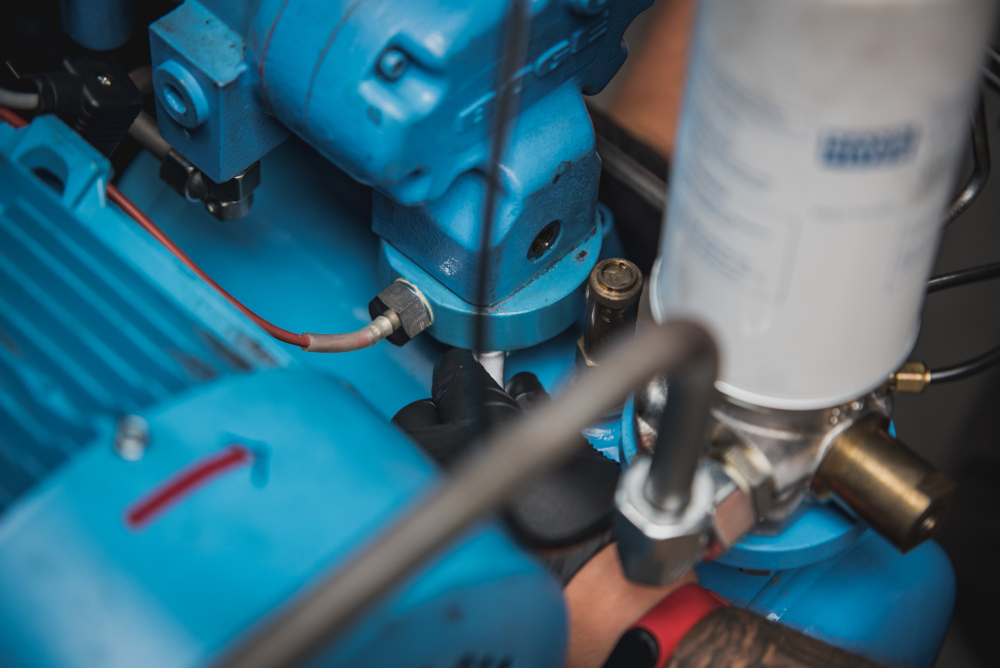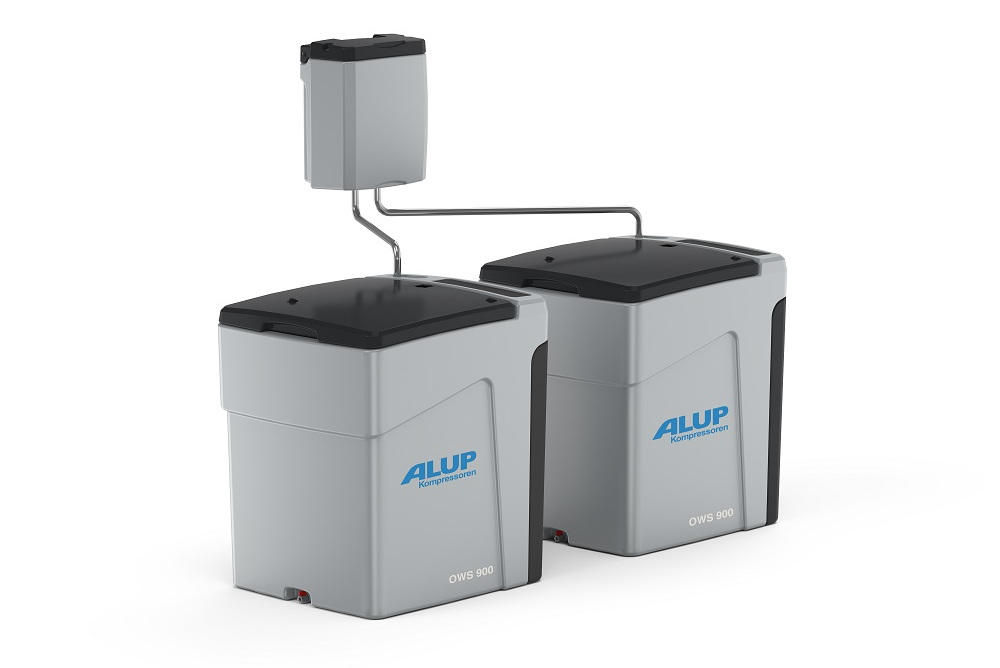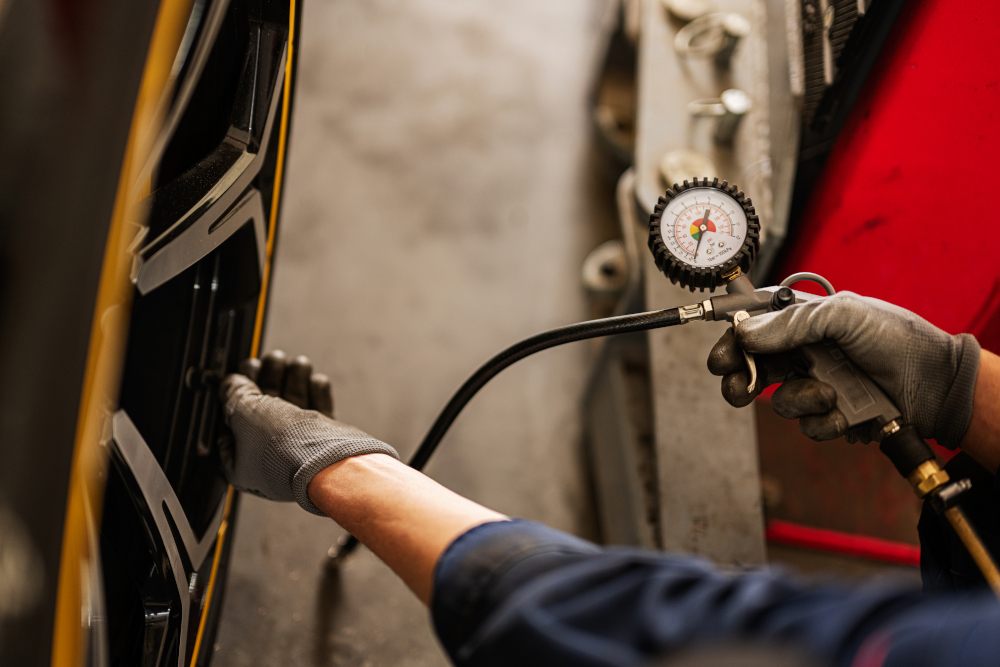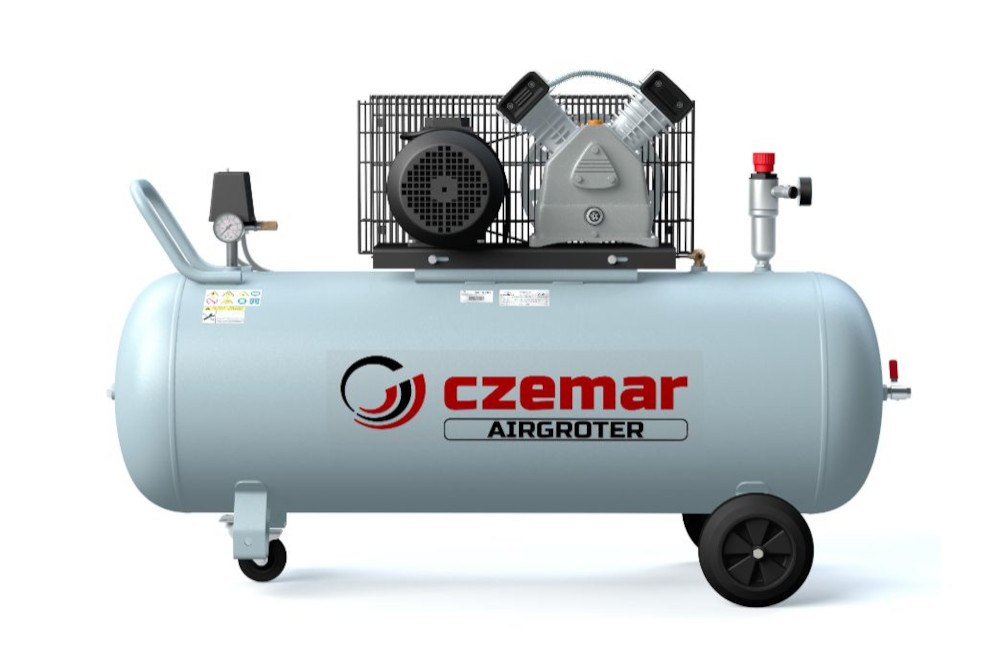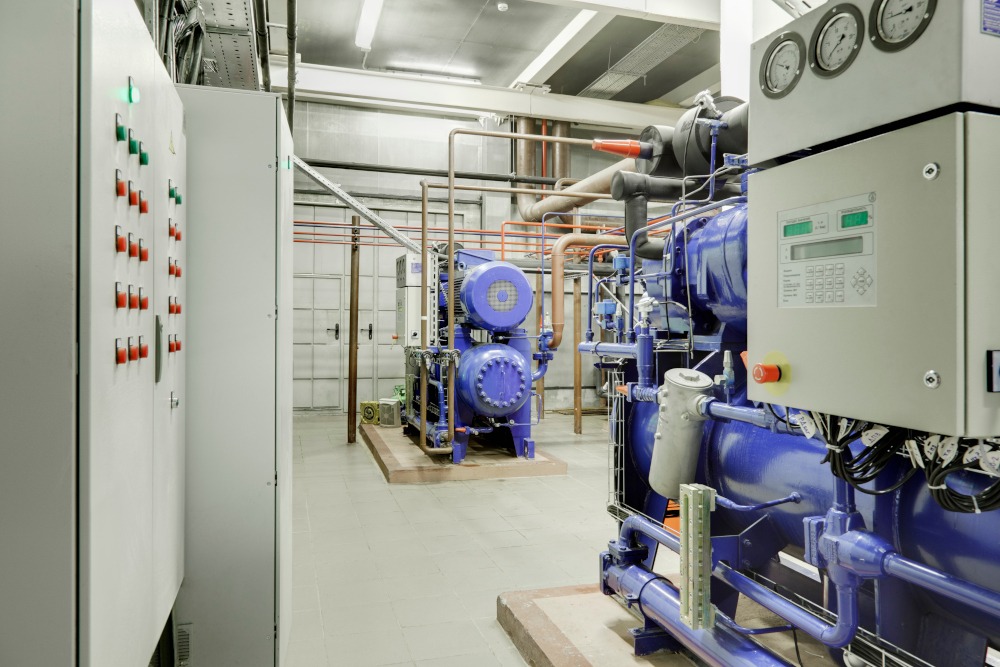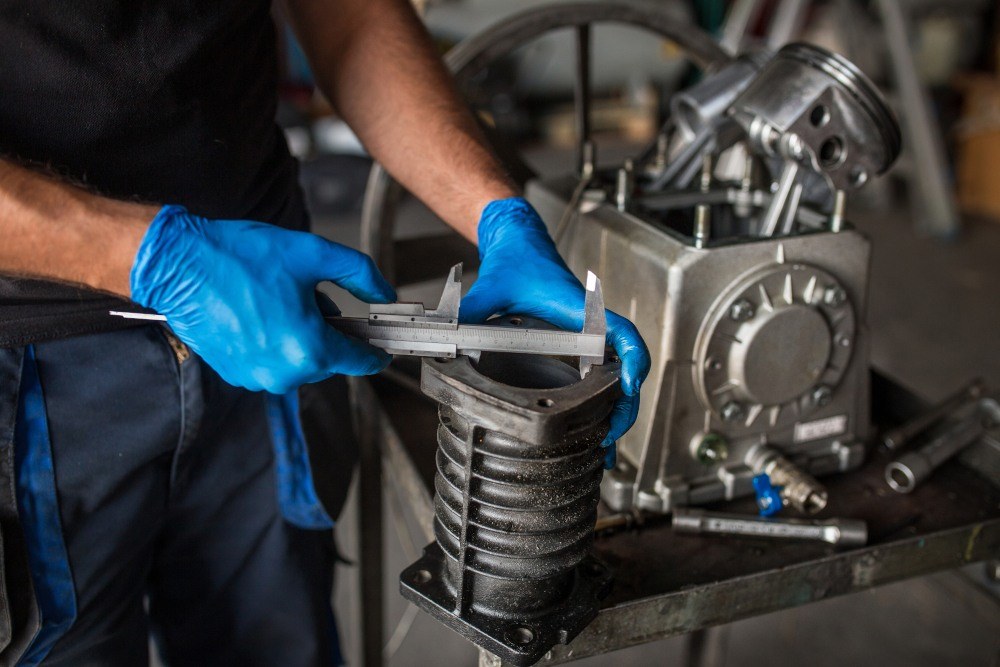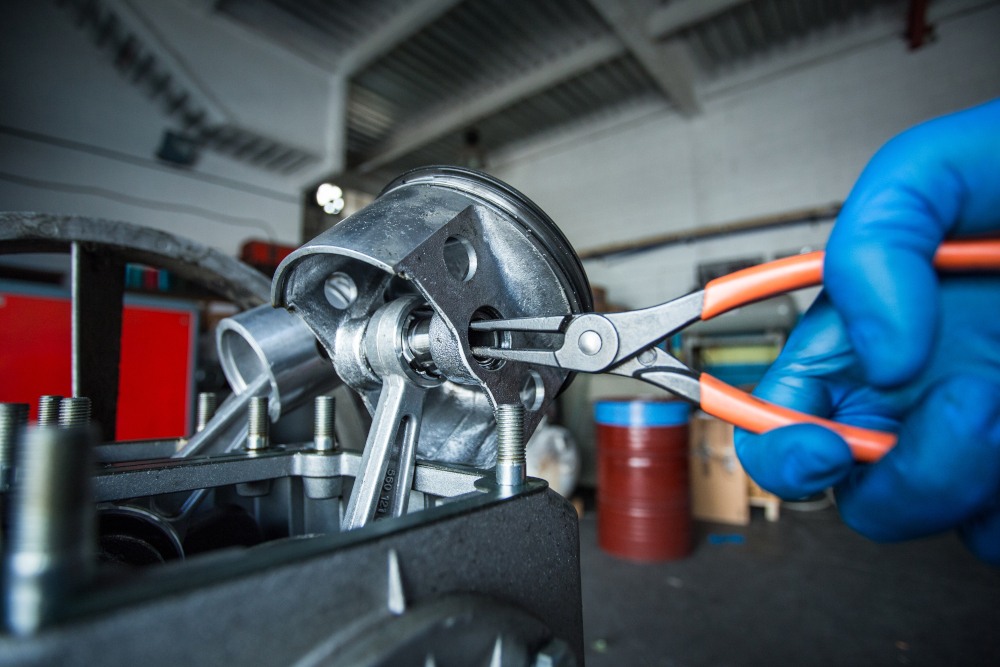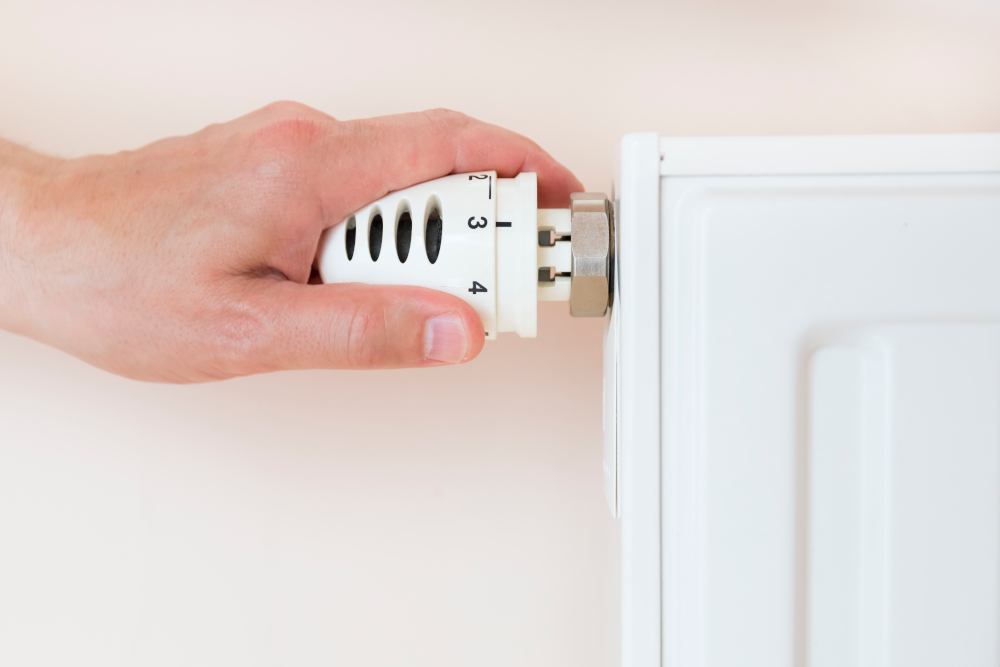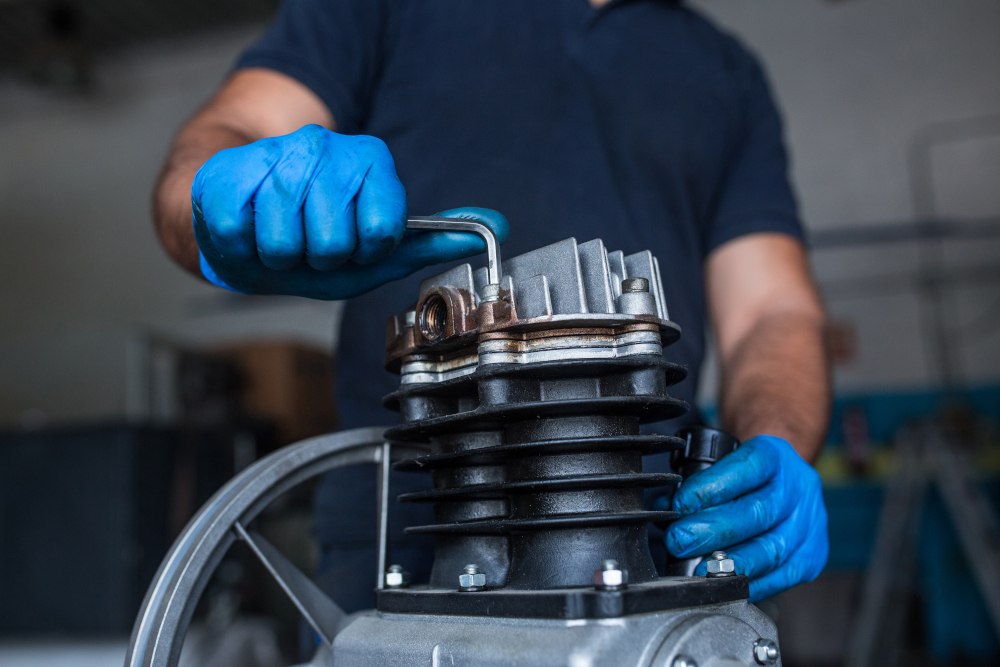Reducing noise in the workplace is important to ensure the health and safety of workers, improve work efficiency and minimize the costs associated with health and legal problems. What impact does working with exposure to high noise levels have on employees? What measures can be taken in the plant to ensure that the noise associated with the operation of the compressed air system does not negatively affect employees and the entire plant?
Negative effects of noise in workplaces
Noise in the workplace can have a number of negative effects on both employees and the workplace itself. Noise, as one of the elements of environmental pollution, can negatively affect humans. Prolonged exposure to high noise levels can lead to permanent hearing damage, which may manifest as permanent hearing loss or tinnitus. Moreover, noise also affects human functioning mentally. Long-term exposure can lead to stress, anxiety, fatigue and other mental health problems in workers. Long-term exposure to noise may increase the risk of depression and other mental disorders. Workers exposed to noise at work may experience difficulty sleeping and sleep disturbances, which affects their overall quality of life. Moreover, high noise levels can affect workers' circulatory and nervous systems, which can lead to health problems such as an increased risk of heart disease.
From the employer's point of view, excessive exposure of employees to noise is also important. Noise can disrupt workers' concentration and focus, which will lead to errors, reduced work efficiency and an increased risk of accidents. High sound levels can disrupt the perception of warning sounds and alarm signals, which directly increases the risk of accidents in the workplace. High noise levels can hinder communication between employees, which may lead to problems in understanding instructions, cooperation and interpersonal relationships. As a result, noise may cause higher costs related to the resulting health problems of employees, lower work efficiency, increased absenteeism and a greater risk of accidents.
How to reduce the noise produced by compressors?
Reducing the noise produced by compressors is important both to ensure employee comfort and to meet workplace noise protection standards and regulations. So how can you reduce the noise level in your plant? How to protect employees?
The first step may be to choose a compressor with a low noise level. Reciprocating compressors are often noisier than screw or oil-free compressors, so you may want to consider investing in models that produce lower sound levels. You can also modernize your machinery and install more advanced models with lower noise levels.
It is also worth choosing a compressor in a specially designed room (compressor room) or a housing that is equipped with acoustic insulation. This insulation helps limit the spread of noise outside and inside the room. You can also place the compressor away from areas where employees work. The greater the distance, the less impact noise has on their comfort.
Sealing and suppressing leaks is also important. Therefore, make sure that all connections, valves, filters and gaskets are in good condition and sealed to avoid air leaks that can generate noise. The noise level can also be reduced by installing sound silencers at the compressor inlet and outlet.
Another way to reduce noise is to control the pressure. Therefore, adjust the pressure in the compressed air system to the minimum required level. Remember that higher pressure may increase the noise produced by the compressor.
The technical condition of machines also influences the level of noise emitted. Regular inspection and maintenance of the compressor helps maintain its efficiency and reduce noise associated with improper operation.
It is also important to use direct protection elements that protect hearing. Employees who work in areas with increased noise levels should be equipped with appropriate hearing protection, such as noise-cancelling headphones. You can also organize work so that the area where the compressor is located is serviced at times when there are fewer workers on site. It is worth remembering that employees should be aware of noise hazards and know how to avoid long-term exposure to noise.
Reducing the noise produced by compressors is crucial to ensuring a safe and comfortable working environment. Complying with relevant workplace noise regulations and investing in countermeasures can help improve working conditions and workers' health.


